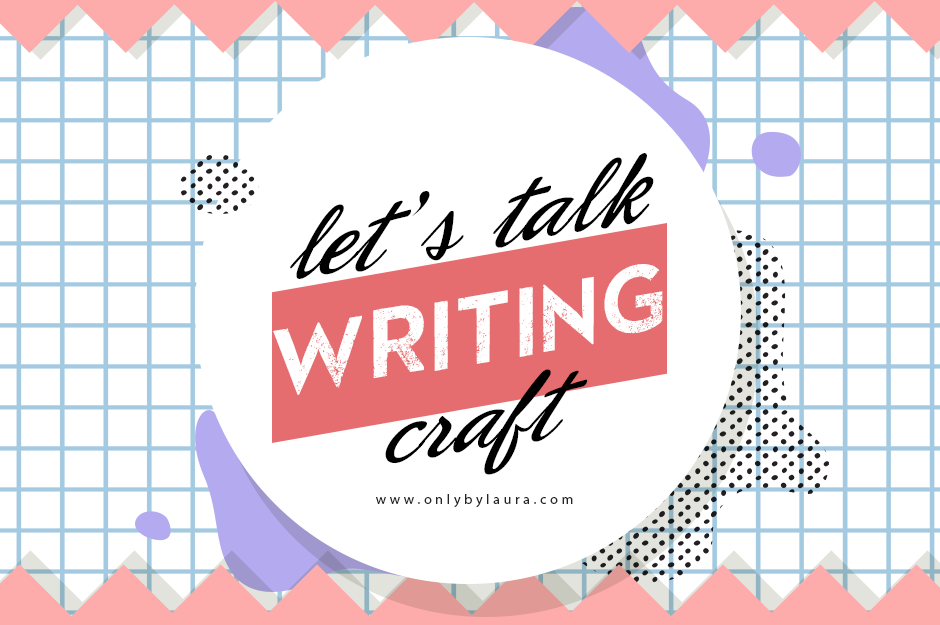Hey everyone!
Today we’re again talking some more about writing craft. There are just so many different topics in which we can improve as writers, and this is yet another topic. “Filter words” and “Crutch words” are just things that slow down your writing, but they’re a lot more than that.
We’re discussing exactly what they are and how to get rid of them in your draft, so buckle up.

First of all, what ARE filter words and crutch words, exactly?
These words come up a lot in our writing when we’re drafting, and then we end up never getting rid of them. They’re words that fill the space between the blanks, and are used for intensity. Instead, you should always try to use a stronger verb.
They can be used for any number of reasons while drafting — to emphasize an emotion, to increase any number of words. They’re most often seen in the form of adverbs or hedging phrases.
Filter Words
Filter words come up a lot when you’re narrating a story through a character’s eyes. They are more about the experiences the characters are having than description, and they distance the reader from your character. You want the reader to be gripped by this story, to feel emotions as your character feels them!
In most cases, filter words achieve the opposite of that–they filter down the character’s emotions for the readers, and the writing comes off as bland. Here’s a list of words that are considered “filter words”:
- see
- hear
- think
- touch
- wonder
- realize
- watch
- look
- seem
- feel (or feel like)
- can
- decide
- sound (or sound like)
- know
This may look like a lot and it IS. You shouldn’t just cut off every single one of these words in your narrative, but it’s best to avoid them, especially when you want to produce feeling.
Here’s an example of filter words used.
She smelled it in the air, realizing that it reminded her of home. She knew it was only lemon and sugar, and she wondered if this smell was always going to remind her of her childhood.
Or, without the filter words.
The smell was in the air, and it brought memories of home. It was only lemon and sugar, but it always reminded her of her childhood.
It’s smaller, sure, but it can be more concise and evocative, and you can also make sure not every single emotion is filtered through your character’s lenses.
Crutch Words
Crutch words, on the other hand, are often used in the middle of the descriptions or even in dialogue, and they’re exactly what they describe–crutches. They make your writing weaker and undeveloped, and this is why you should try avoiding them.
- Actually
- Well
- So
- Literally
- Honestly
- Seriously
- Totally
- Basically
- Essentially
- Really
- Very
- Just
- Like
- Obviously
- a lot
- stuff
- things
- definitely
How to Avoid Them
What I do with my own writing is when I’m at the stages of showing something to my agent/editor, I seek each of these words out in the manuscript and try to avoid them. You don’t have to eliminate ALL the filter/crutch words, but make sure they’re only there when necessary.
You can use tools like ctrl+f or a wordclound, so you can seek them out more easily and see which words you’ve used as crutches. When you can, replace them with stronger verbs or a different sentence that conveys the true meaning you wanted.
Happy writing!
